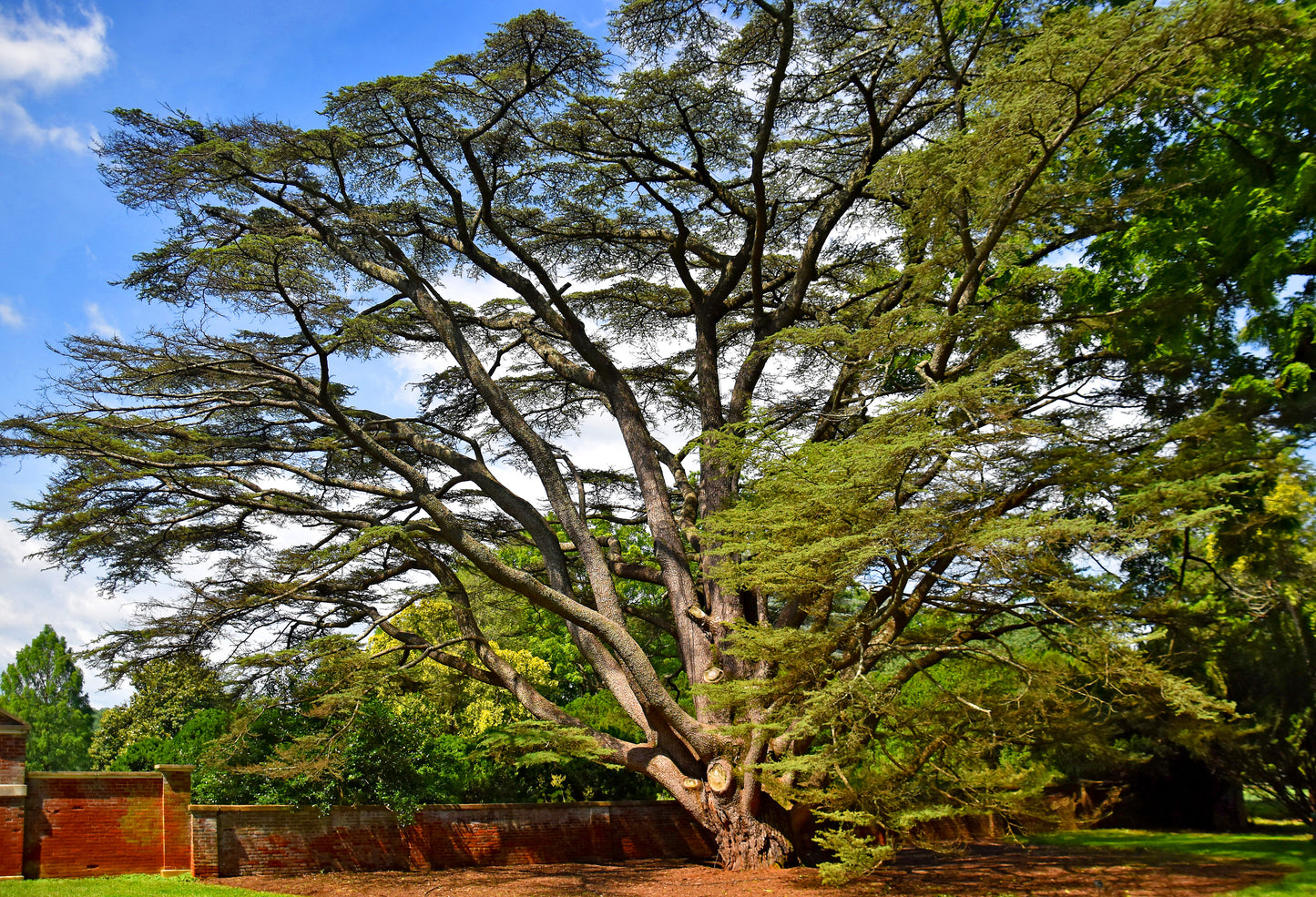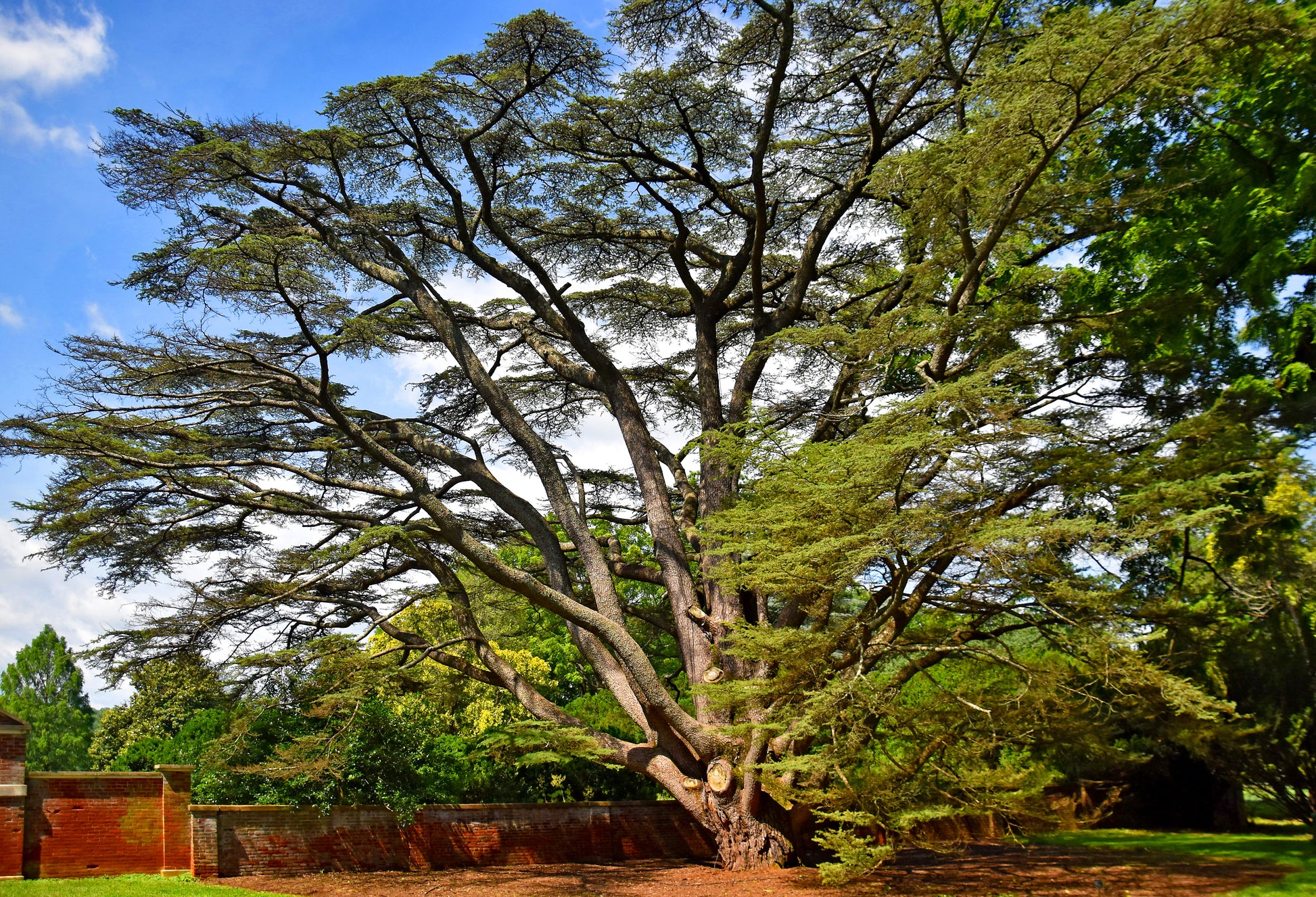James Madison's Montpelier Cedar of Lebanon
James Madison's Montpelier Cedar of Lebanon
5.0 / 5.0
(1) 1 total reviews
Prodcut Base price with no add-on options
Low stock: 4 left
Product Price with any add-on options selected
Couldn't load pickup availability
James Madison's Montpelier Cedar of Lebanon Wood
All blanks will come with one COA per blank. COAs are 4" x 6" card stock with silver foil embossed COA seal.
Most blanks are cut as they are ordered.
Blank Tube Size Descriptions:
- Pen Blanks are 3/4" sq
- Knife Scale Pair are 6" x 1-1/2" x 3/8"
- Ring blanks are 1-1/2" sq x 1/2"
Located in Orange County, Virginia, Montpelier was the plantation home of the Madison family, including James the “Father of the American Constitution” and fourth president of the United States, and his wife Dolley. James Madison is one of the most revered thinkers in American history. History often focuses on his mild demeanor and small stature; however, he is arguably one of the most important figures of the Founding Era.
In 1723, James Madison's grandfather, Ambrose Madison, and his brother-in-law, Thomas Chew, received a patent for 4,675 acres of land in the Piedmont of Virginia. Ambrose, his wife Frances Madison, and their three children moved to the plantation in 1732, naming it Mount Pleasant. The origins of the name Montpelier are uncertain, but the first recorded use of the name comes from a 1781 James Madison letter. Madison personally liked the French spelling of the name Montpellier.
Montpelier was declared a National Historic Landmark and listed on the National Register of Historic Places in 1966. It was included in the Madison-Barbour Rural Historic District in 1991. In 1983, the last private owner of Montpelier, Marion duPont Scott, bequeathed the estate to the National Trust for Historic Preservation.
This Cedar of Lebanon Tree, circa 1850s, stood next to the formal garden gate at Montpelier Estate. After unsuccessful attempts to save the tree, it was removed in July 2019.
President James Madison was known to have planted Cedar of Lebanon trees on the grounds of Montpelier Estate. The Local lore says that three Cedars of Lebanon were a gift from France to President Madison presented by Lafayette during his visit to Montpelier in 1824.
Share




